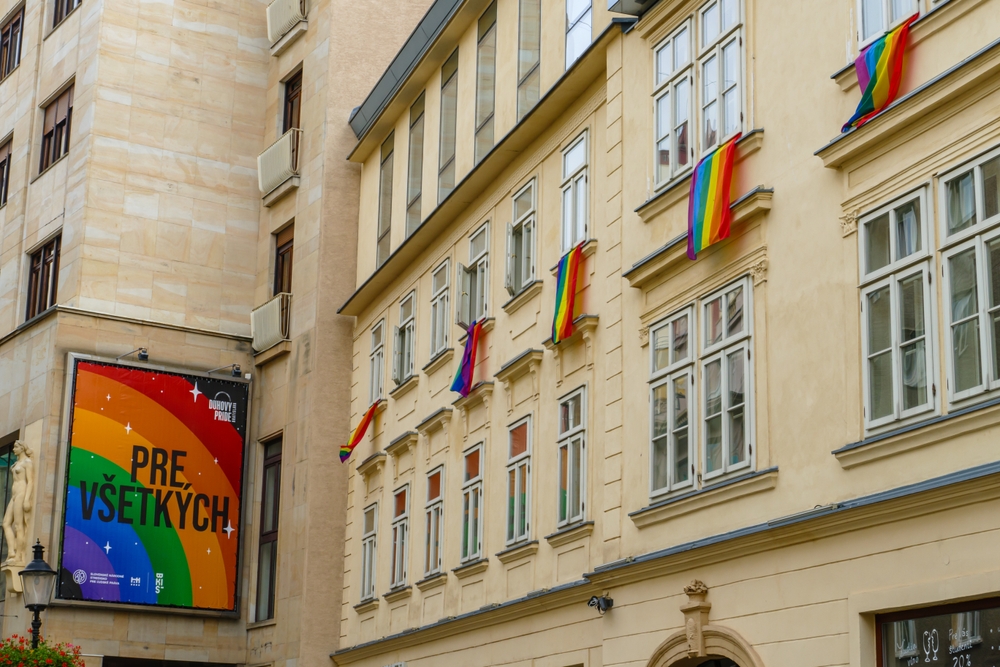The Slovak government has approved a series of constitutional amendments that would define gender strictly as male and female, reinforce the country’s sovereignty on cultural and ethical issues, and mandate parental approval for children’s education on sexual topics.
Prime Minister Robert Fico introduced the constitutional reform discussions in January, but the revised proposal introduces several changes from the initial plan amid protests from opposition groups.
The most notable omissions include a restriction on gender reassignment except in extreme cases and the provision that Slovak constitutional law would take precedence over EU regulations.
The success of the amendments remains uncertain given the fact that neither Fico’s ruling coalition nor the opposition currently holds the required three-fifths majority in parliament to implement changes to the constitution.
The amendments assert Slovakia’s right to self-determination in matters of national identity, culture, and ethics. Additionally, they stipulate that parents must give explicit consent for any school curriculum content that goes beyond the state-approved program, particularly regarding sexual education and intimate relationships — a move expected to prohibit extensive teaching of LGBT ideology.
“Strengthening the protection of traditional values is crucial for preserving the cultural heritage of the Slovak Republic and ensuring legal stability. The draft constitutional law therefore responds to the need to protect the cultural heritage enshrined in the preamble of the Constitution of the Slovak Republic, which is specifically associated with the recognition of marriage between a man and a woman as a unique union,” reads the proposal submitted by Fico for the government meeting.
The proposed changes also reinforce gender equality in workplace pay, ensuring equal compensation for men and women. Existing family law provisions prioritizing married couples in child adoption cases would also be elevated to constitutional status.
Slovakia, which does not legally recognize same-sex partnerships, continues to define marriage as exclusively between a man and a woman.
The opposition Christian Democratic Movement (KDH) has introduced a competing proposal that seeks to enshrine national sovereignty in matters of cultural values, morality, and marriage. This initiative has sparked divisions among opposition parties, with the liberal Progressive Slovakia (PS) party arguing that certain aspects of the KDH’s proposal could be detrimental.
The Slovak prime minister has proposed the law come into effect from July 1.






